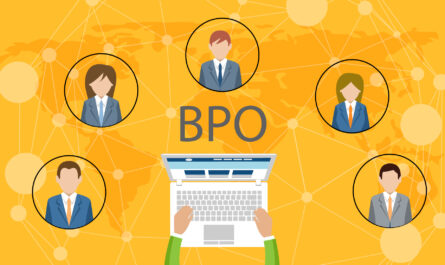In today’s dynamic world, assessing and evaluating performance has become increasingly important. Whether it is evaluating students’ skills and knowledge, job applicants’ qualifications, or organizational processes and outcomes, assessment plays a pivotal role. To help individuals and institutions obtain actionable insights, a whole industry of assessment services has emerged in recent decades.
Growth of Standardized Testing
One of the major developments has been the rise of standardized testing. As student populations grew rapidly post-World War 2 and higher education became more accessible, assessing learning outcomes in a uniform, scalable way became essential. Pioneering companies like Educational Testing Service and Pearson Assessment began offering standardized tests like the SAT, GRE, and TOEFL to colleges and universities. These tests not only evaluated students but also facilitated comparisons and admissions decisions Assessment Services. Gradually, standardized testing spread to other domains like certification exams for various professions. Today, several companies offer a wide array of standardized tests globally.
Rise of Psychometric Assessment
Alongside standardized testing grew the need to understand human abilities, interests, and personalities in more depth. Psychometric assessment tools were developed to gain insights beyond academic skills. Companies started providing psychometric tests and personality inventories to help with recruitment, career counseling, and leadership development. Tools like Myers-Briggs Type Indicator, Strong Interest Inventory, and various cognitive/aptitude tests proved useful for both organizations and individuals. Psychometric assessment became a specialized field, with multiple research studies validating different tools. It has found widespread adoption in talent evaluation and employee engagement.
Expanding Scope of Services
Over time, the scope of assessment services expanded in several ways. Firstly, new domains emerged like performance evaluation, competency assessment, and customized assessments beyond traditional testing models. Companies began developing analytics-driven skills assessments and simulations to evaluate complex skills. Secondly, digital technologies enabled the delivery of assessments online, making them more scalable and convenient. Advances in psychometrics and AI also enabled adaptive assessments and personalized coaching. Finally, various auxiliary services like test preparation, reporting and analytics, and assessment platform solutions were added. Today, a full-fledged assessment solutions ecosystem has taken shape.
Focus on Competency-Based Frameworks
There is a rising emphasis oncompetency-based frameworks and rubrics that define the key traits required for success. Organizations want insights beyond scores to develop and advance talent. Leading providers started mapping assessment data to competency frameworks of customers. Competency libraries were created spanning multiple job levels and functions. Combined with analytics, this facilitates evaluation against benchmarks and trajectories. Competency assessments also aid developing targeted learning roadmaps. Being learning-oriented makes them widely used in learning and development initiatives.
Customization and New Assessment Models
With experience, providers moved from transactional testing models to strategic partnerships and customized solutions. As no two customers are identical, co-creating unique assessment solutions tailored to an organization’s culture and needs became important. Blended assessment models incorporating simulations, case studies, interviews and other experiential methods gained favor over standardized exams. Companies worked closely with customers to ideate novel assessment approaches and embed them organically into workflows. Competency labs, virtual assessments, and custom-AI driven tools were some emerging formats. This represented a shift from standardized tests to customized competency evaluation.
Focus on Insights and Impact
Simply conducting assessments is no longer enough; demonstrating impact through insights and action has become the priority. Leading providers shifted to a consultative approach emphasizing return on assessment through measurable outcomes. Analytics solutions and customizable reporting have become core capabilities. Longitudinal studies evaluating the success of assessments in achieving goals like higher performance, retention and promotion have also gained importance. Impact reports quantifying ROI have become standard in large deployments. Overall, there is a vision to elevate the assessment process from measurement to development and continuous evolution of capabilities.
The Future of Assessment
Going forward, some key trends will further mold the assessment sector. Artificial and augmented intelligence will increasingly power adaptive, personalized and simulation-based assessments. Blockchain and credentials platforms may decentralize credentials and certifications. Game-based, social and experiential assessments will evaluate hard-to-measure traits. Comprehensive talent management suites will integrate assessments seamlessly across the employee lifecycle. Open proctoring and remote assessment delivery will further the reach. And finally, embedding assessment philosophies of growth-mindset and continuous learning will help maximize organizational performance. Clearly, assessment is poised to assume an even more pivotal role in education and workforce development in the years ahead.
the assessment services sector has grown tremendously as the need for evaluating outcomes and progress has risen across domains. From standardized tests to tailored, competency-based evaluations, the solutions offered have expanded in depth and scope. Technology and experience have shaped new models focused on development over scores. Assessments are evolving from measurement to matched insights enabling performance enhancement. Their strategic importance to individuals, institutions and society is set to increase multifold in the future.
*Note:
1. Source: Coherent Market Insights, Public sources, Desk research
2. We have leveraged AI tools to mine information and compile it


